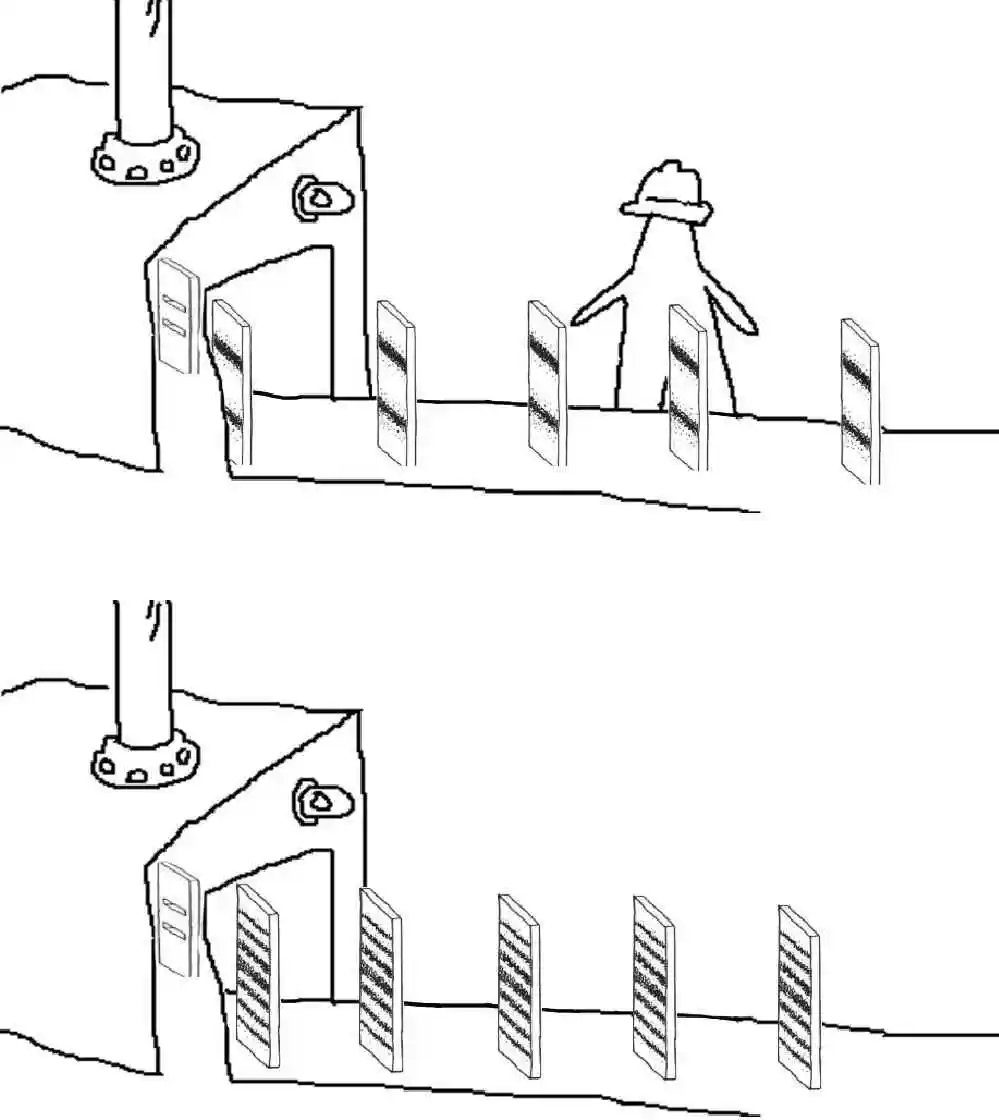this post was submitted on 28 Aug 2024
707 points (96.8% liked)
Science Memes
10304 readers
2821 users here now
Welcome to c/science_memes @ Mander.xyz!
A place for majestic STEMLORD peacocking, as well as memes about the realities of working in a lab.

Rules
- Don't throw mud. Behave like an intellectual and remember the human.
- Keep it rooted (on topic).
- No spam.
- Infographics welcome, get schooled.
Research Committee
Other Mander Communities
Science and Research
Biology and Life Sciences
- [email protected]
- [email protected]
- [email protected]
- [email protected]
- [email protected]
- [email protected]
- [email protected]
- [email protected]
- [email protected]
- [email protected]
- [email protected]
- [email protected]
- [email protected]
- [email protected]
- [email protected]
- [email protected]
- [email protected]
- [email protected]
- [email protected]
- [email protected]
- [email protected]
- [email protected]
- [email protected]
- [email protected]
- !reptiles and [email protected]
Physical Sciences
- [email protected]
- [email protected]
- [email protected]
- [email protected]
- [email protected]
- [email protected]
- [email protected]
- [email protected]
- [email protected]
Humanities and Social Sciences
Practical and Applied Sciences
- !exercise-and [email protected]
- [email protected]
- !self [email protected]
- [email protected]
- [email protected]
- [email protected]
Memes
Miscellaneous
founded 2 years ago
MODERATORS
you are viewing a single comment's thread
view the rest of the comments
view the rest of the comments

For those confused, it's worth noting the difference between observed as a layman concept and as a quantum mechanical one.
In QM, to observed is to couple the observer to the "system" being observed. Think of it like "observing" your neighbour, over a fence using a BB gun. When you hit flesh, you know where your neighbour is. Unfortunately, the system has now been fundamentally changed. In a classical system, you could turn down the power, until your neighbour doesn't notice the hits. Unfortunately, QM imposes fundamental limits on your measurements (heisenburg and his uncertainty principal). In order to observe your neighbour accurately, you need to hit them hard enough that the will also feel it and react differently.
QM behaves in a similar way. Initially, the system is just a single particle, and is not very restrained. This allows it to behave in a very wave like manner. When you observe it, the system now includes the whole observation system, as this coupling propagates, more and more atoms etc get linked. The various restraints cause an effect called decoherence. The system behaves ever more like a classical physical system.
In short, a quantum mechanical "observer" is less sneaky watching, and more hosing down with a machine gun and watching the ricochets.
Thanks! I’ve never fully grasped the concept and this really helps.
I’ve always heard it that observing was actually “measuring” and still wasn’t sure why that would impact anything but chalked it up to the quantum world being other-worldly.
Honestly physicists don't actually know what measuring is either. We don't know when exactly the system is considered "measured" in the chain of entanglement, this is called the Measurement Problem.
Answers range from "shut up don't think about it" to "there's an infinite amount of universes split from each other for each quantum event!".
We know how it works, we just don't yet understand what is going on under the hood.
In short, quantum effects can be very obvious with small systems. The effects generally get averaged out over larger systems. A measurement inherently entangled your small system with a much larger system diluting the effect.
The blind spot is that we don't know what a quantum state IS. We know the maths behind it, but not the underlying physics model. It's likely to fall out when we unify quantum mechanics with general relativity, but we've been chipping at that for over 70 years now, with limited success.
To be honest I still chalk it up to that.